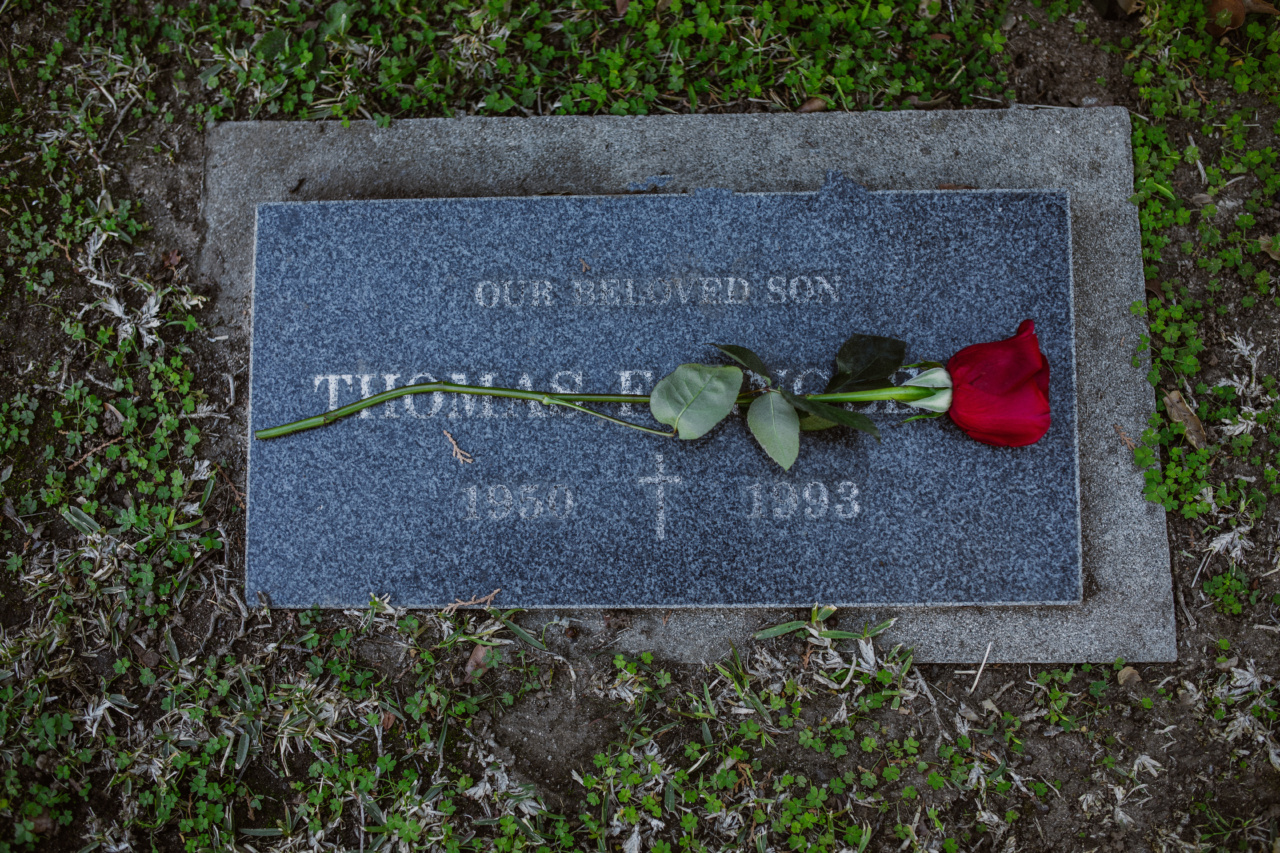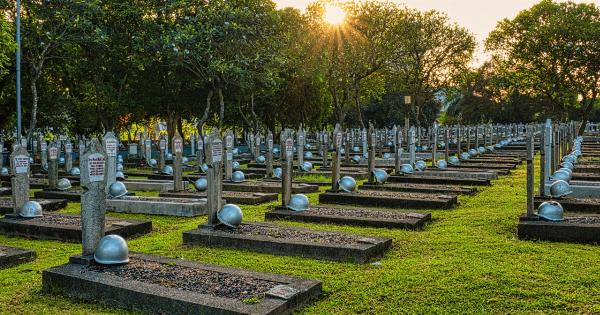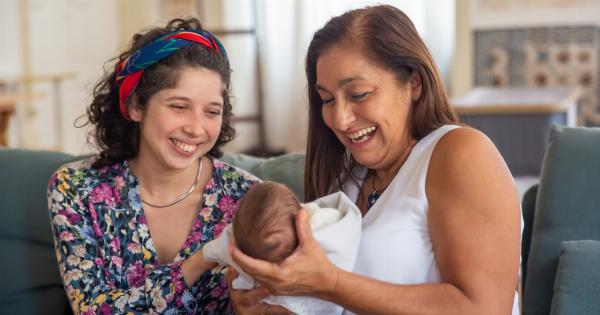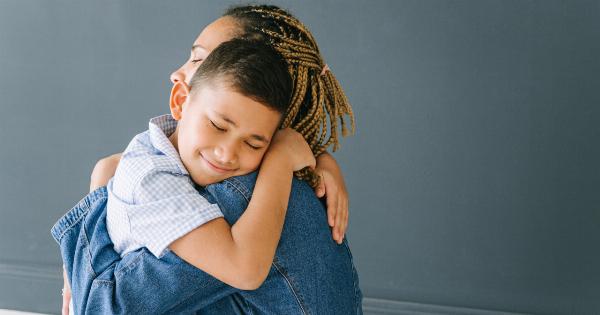October 15th is a day of remembrance for those who have experienced the loss of a pregnancy or infant.
This day is a time for families and friends to honor and grieve the little ones they have lost, and to raise awareness for the emotional and physical toll that pregnancy loss and infant death can have on individuals and families.
The Importance of Remembering
The loss of a pregnancy or infant is a deeply painful and personal experience. It can bring about feelings of sadness, isolation, and grief that can last for years.
For many, it can be difficult to express thoughts and feelings surrounding the loss of their child, as a result, support from family, friends, and the community is vital.
By honoring those who have gone through such a loss and supporting the families left behind, the community can bring attention to pregnancy loss and infant death, helping to create an environment where talking openly about it is normal and offers comfort to those who have struggled.
The Prevalence of Pregnancy Loss and Infant Death
Pregnancy loss and infant death are much more common than many people realize. According to the March of Dimes, about 10 to 15 percent of pregnancies end in miscarriage, and there are about 24,000 stillbirths every year in the United States alone.
In addition, about one in every 33 babies born in the United States dies in their first year of life, often due to premature birth, birth defects, or sudden infant death syndrome (SIDS).
Despite how common these losses are, families who have experienced them sometimes feel ashamed, as if they have failed as parents. This mindset often leads to a sense of isolation and lack of support from the community.
However, events like the Day of Remembrance can help to end the stigma surrounding pregnancy loss and infant death by reminding people that they are not alone and that grief is a normal part of the process.
Participating in the Day of Remembrance
Participating in the Day of Remembrance can be a healing experience for those who have lost a pregnancy or infant. Communities all over the world hold ceremonies and events to remember and celebrate the little ones who have passed away.
Families and friends can gather to light candles, release balloons, and share memories of the children they loved and lost. For many, these events can provide a safe space to mourn and to connect with others who are experiencing similar feelings of loss and grief.
Remembering the babies who have passed away can also be done in more personal ways. Families may choose to create memory boxes or gardens, or even name stars in honor of their little ones.
There are many online communities where people can share their stories and connect with others who have been through similar experiences.
The Importance of Supporting Those Who are Grieving
Support is essential for those who have experienced pregnancy loss or infant death.
Whether it is a close friend, a family member, or a support group, having a safe and comforting space to express emotions can be the difference between healing and stagnation. Those who have experienced loss may find it helpful to talk about their feelings, or they may choose to grieve in their own way. There is no one ‘right’ way to grieve, and it is important to respect each person’s process.
It is also important to continue support long after the day of remembrance has passed. Grief is a lifelong process, and those who are affected by pregnancy loss or infant death may need ongoing support and understanding from family and friends.
Conclusion
The Day of Remembrance for Pregnancy Loss and Infant Death is a vital reminder that those who have experienced the loss of a child do not grieve alone.
By coming together and participating in events, we can honor the memory of these little ones and create a community that is open and supportive of those who are mourning.
As a society, it is our responsibility to break down the stigma surrounding pregnancy loss and infant death and to offer support to those who are grieving.
By doing so, we offer comfort, validation, and hope, reminding those who have lost children that they are not alone in their pain.



























